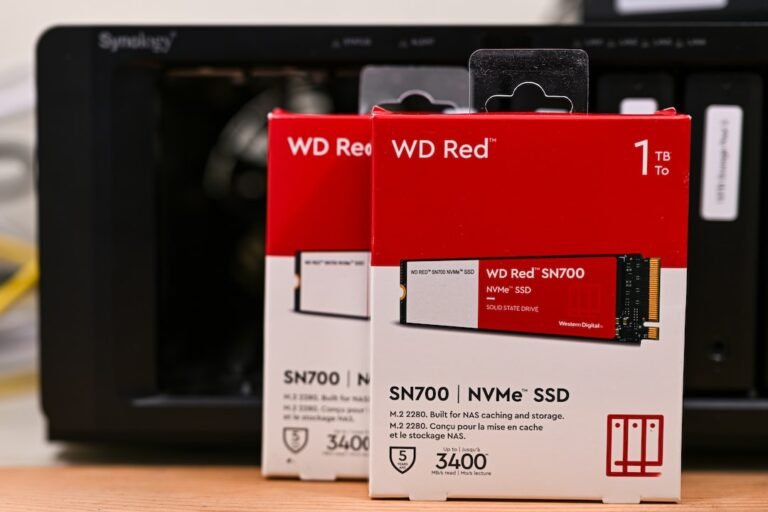Introduction
In today’s digital age, our lives are becoming increasingly interconnected with the online world. From shopping and banking to socializing and entertainment, we rely heavily on the internet for various activities. However, this convenience comes at a cost – the compromise of our location privacy.
Online tracking and surveillance have become a widespread concern for internet users. Companies and even governments gather data on our online activities, including our physical location. This invasion of privacy can lead to targeted advertising, identity theft, and even the misuse of personal information.
To combat these threats, it is crucial to take proactive measures to protect our location data. One of the most effective tools at our disposal is a Virtual Private Network (VPN). In this article, we will explore how a VPN can safeguard your location privacy and provide you with the freedom to browse the internet without compromising your personal information.
VPN for Location Data Privacy
A VPN acts as a secure tunnel between your device and the internet. When you connect to a VPN server, all your internet traffic is routed through an encrypted connection, making it difficult for anyone to track your online activities, including your location. Here’s how a VPN can help protect your location data:
Hide Your Real Location
By connecting to a VPN server, you can effectively hide your real IP address and location. When you browse the internet without a VPN, your IP address is visible to websites and other online entities. This information can be used to track your movements and target you with location-based advertisements.
With a VPN, your traffic is routed through a server located in a different geographic location. So, even if you are physically in New York, for example, you can appear to be browsing from Paris or Tokyo. This masks your real location and makes it extremely difficult for anyone to trace your online activities.
Shield Against Tracking
Online tracking has become a prevalent practice, with websites and advertisers using various techniques to monitor your browsing habits. They gather data on the websites you visit, the products you buy, and your online behavior to create targeted profiles.
A VPN can help shield you against such tracking. By encrypting your internet connection, a VPN prevents third parties from monitoring your online activities. This means that websites, advertisers, and even your Internet Service Provider (ISP) will be unable to track your location data.
Protect Online Privacy
In addition to location data, a VPN also safeguards your overall online privacy. When you connect to a VPN, all your internet traffic is encrypted, preventing anyone from intercepting or monitoring your online communications.
This level of encryption is particularly important when using public Wi-Fi networks. These networks are notorious for their lack of security, making it easy for hackers to intercept your data. With a VPN, your data is encrypted, ensuring that your personal information, such as passwords and credit card details, remains secure even on public Wi-Fi.
Conclusion
In conclusion, protecting your location data is crucial in today’s digital landscape. The use of a VPN is an effective and reliable method to ensure your location privacy. By hiding your real location, shielding against tracking, and protecting your overall online privacy, a VPN provides you with the freedom to browse the internet without the fear of compromising your personal information.
Remember, selecting a reputable VPN service is essential for maximum protection. Look for providers that offer strong encryption, a large number of server locations, and a strict no-logs policy to safeguard your privacy effectively.
Stay in control of your digital life and take the necessary steps to protect your location data. With a VPN, you can browse the web securely and confidently, knowing that your personal information remains private.
FAQ
Here are some frequently asked questions about VPNs and location privacy:
| Question | Answer |
|---|---|
| What is a VPN? | A VPN, or Virtual Private Network, is a security tool that encrypts your internet connection and routes your traffic through a server located in a different location. This helps protect your privacy by hiding your IP address and location. |
| Is using a VPN legal? | Yes, using a VPN is legal in most countries. However, it is important to note that some countries have restrictions on VPN usage. Make sure to familiarize yourself with the laws and regulations of your country before using a VPN. |
| Can a VPN slow down my internet connection? | While a VPN can slightly reduce your internet speed, a reputable VPN service will minimize any noticeable impact. The encryption process and routing of your traffic through a VPN server can introduce some latency, but the benefit of enhanced security and privacy outweighs the minor speed reduction for most users. |
| Can I use a VPN on my mobile device? | Yes, most VPN providers offer apps for mobile devices, allowing you to protect your location data and browse securely on smartphones and tablets. Whether you’re using Android or iOS, you can easily install a VPN app and enjoy the benefits of location privacy on the go. |
| Are there free VPN services available? | Yes, there are free VPN services available, but it is essential to exercise caution when using them. Free VPNs often come with limitations, such as data caps and slower speeds. Additionally, some free VPN providers may collect and sell your data to third parties. For optimal protection, it is advisable to invest in a reputable paid VPN service that prioritizes your privacy. |
Further Reading
For more information about location privacy and VPNs, you can refer to the following resources:
| Website | Description |
|---|---|
| Electronic Frontier Foundation | The Electronic Frontier Foundation is a non-profit organization dedicated to defending digital rights. |
| PrivacyTools | PrivacyTools provides privacy-oriented services and educational resources to individuals and businesses. |




